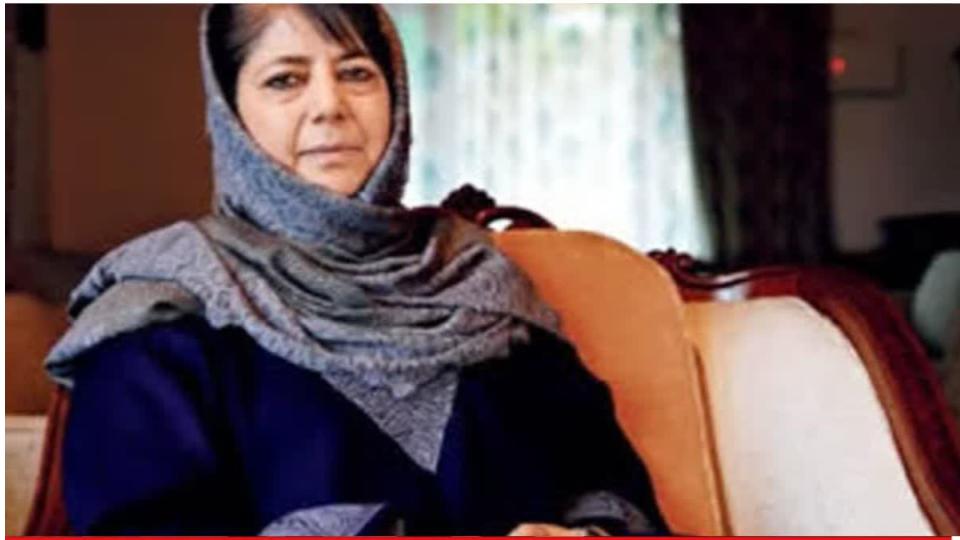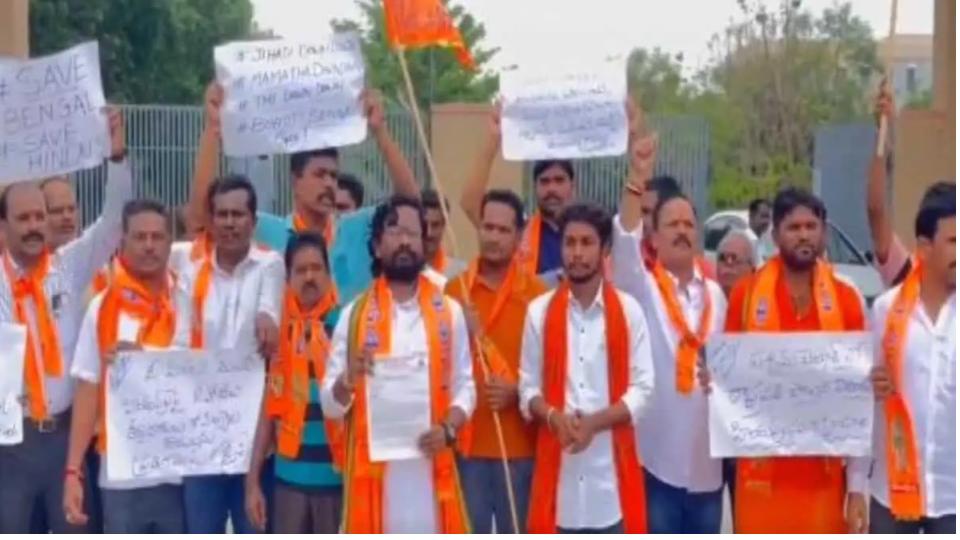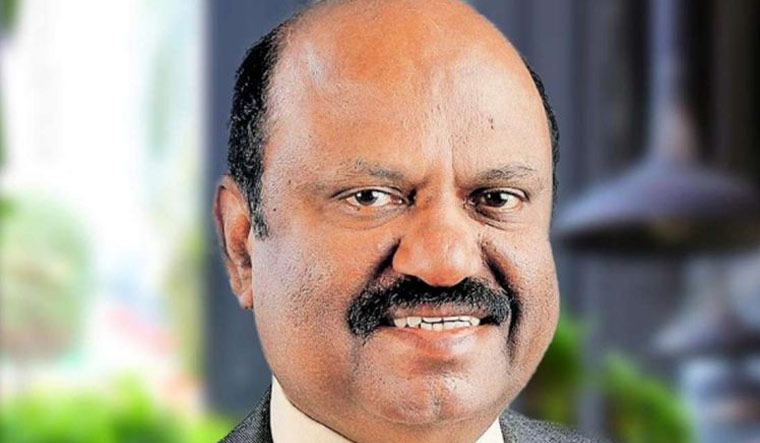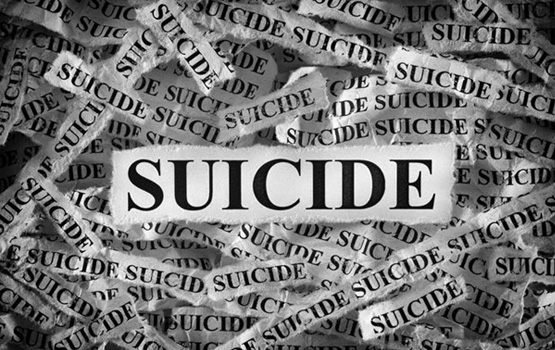Expat Fee, Subsidy Cuts: What’s in Saudi Arabia’s Fiscal Balance Plan?
Mon 26 Dec 2016, 00:03:31
Saudi to introduce an expat fee on workers and their families
Saudi earmarks 200 billion riyals to stimulate private sector
Saudi Arabia followed a historic budget announcement last week with an 84-page document outlining how the Arab world’s largest economy plans to balance its budget by 2020. The document includes plans to curtail capital spending, raise new revenue and stimulate the private sector.
Following are highlights of what caught our attention:
Capital Expenditure:
Authorities reviewed projects with a total cost of 490 billion riyals ($131 billion) under the five civilian ministries with the highest capital spending. Of the total, 270 billion riyals had already been spent and the revision identified potential savings of 100 billion riyals.
An investor guide to the highlights of Saudi Arabia’s budget
The next phase will see the government examining capital spending at 13 entities with a total cost of about 1.18 trillion riyals. To control the costs of projects, the government is creating a strategic procurement unit.
Subsidy Reforms:
Additional subsidy cuts will involve a steady change in energy and water prices from 2017 to 2020. This is expected to help the kingdom save 209 billion riyals annually by 2020.
The government is looking to increase prices of local retail fuel by linking them to benchmark oil prices or to the average of gasoline and diesel fuel prices on the international market. Prices will change according to fluctuations in the international market and they will be revised periodically.
Click for more on planned cash payouts to ease the impact on Saudis
In 2016, a reduction in fuel and electricity subsidies saved the state between 27 and 29 billion riyals despite a halt to a planned water subsidy reduction. The kingdom sees gross saving from the reforms reaching 59 billion riyals in 2017, 107 billion riyals in 2018 and 142 billion in 2019, the document says.
The partial reduction of subsidies has also helped slow the growth in energy consumption to 1.7 percent in the first half of 2016 from 3.5 percent in the same period a year earlier.
Taxes and Fees:
The government plans to introduce a slew of taxes and fees, raising additional revenue of 42 billion riyals in 2017 and 152 billion riyals by 2020. In 2017, Saudi Arabia will introduce an unprecedented “expat levy” on foreign workers with dependents.
The fee will start at 100 riyals per month in July and rise each year to reach 400 riyals a month in July 2020, according to the document. It is unclear
whether the fee will be assessed for each dependent.
whether the fee will be assessed for each dependent.
The government will also raise the monthly fees paid by employers that have more foreign workers than Saudis. It will no longer waive the fee for businesses have fewer expats than nationals, instead charging them a “discounted rate.”
An “excise tax on harmful products” -- including a 50 percent tax on soft drinks and a 100 percent tax on tobacco and energy drinks -- will be implemented from the second quarter of 2017. A 5 percent value-added tax will be imposed in the first quarter of 2018. The government is studying taxes on sugary drinks and snacks.
Authorities will also impose “luxury tariffs” from the first quarter of 2018, the document says, without elaboration.
Private-Sector Stimulus Package:
In the document, authorities acknowledge that confidence in the economy has declined, private sector employment has dropped and real consumption per capita is falling. To counter that, officials on Thursday announced a stimulus package for the private sector worth 200 billion riyals ($53.3 billion) until 2020.
What We Learned From Interviews With Four Top Saudi Officials
The fund will provide “attractive investment capital to support the private sector,” the document says. It will be directed to raising the efficiency of industries with high energy and water usage. The package may be extended beyond 2020.
There are also plans to ease rules governing foreign ownership of companies and land, increase the mobility of foreign workers and deregulate industries like tourism and entertainment to reduce barriers to growth, the document says.
Outlook for the Economy, Decision-Making:
Overall, the newly-announced measures will increase private investment, consumption and growth over the next four years, the document predicts. The government foresees a slight rise in unemployment in 2018 followed by declines in 2019 and 2020.
Inflation is seen accelerating each year as new measures are introduced.
The kingdom pledges that there will be “no additional financial impositions’ by the government on its citizens or private sector” beyond what’s already mentioned in this document.
There will be no further removal of subsidies
There will be no income tax imposed on citizens
There will be no corporate income tax
There will be a grace period between policy announcements and action
There will be no delay in contractor payments. The government will pay within 60 days of “due dates.”
There will be no retroactive decision-making.
No Comments For This Post, Be first to write a Comment.
Most viewed from International
Most viewed from World
AIMIM News
Latest Urdu News
Most Viewed
May 26, 2020
Do you think Canada-India relations will improve under New PM Mark Carney?
Latest Videos View All
Like Us
Home
About Us
Advertise With Us
All Polls
Epaper Archives
Privacy Policy
Contact Us
Download Etemaad App
© 2025 Etemaad Daily News, All Rights Reserved.

.jpg)






.jpg)
.jpg)


.jpg)
.jpg)
.jpg)
.jpg)
.jpg)
.jpg)
























